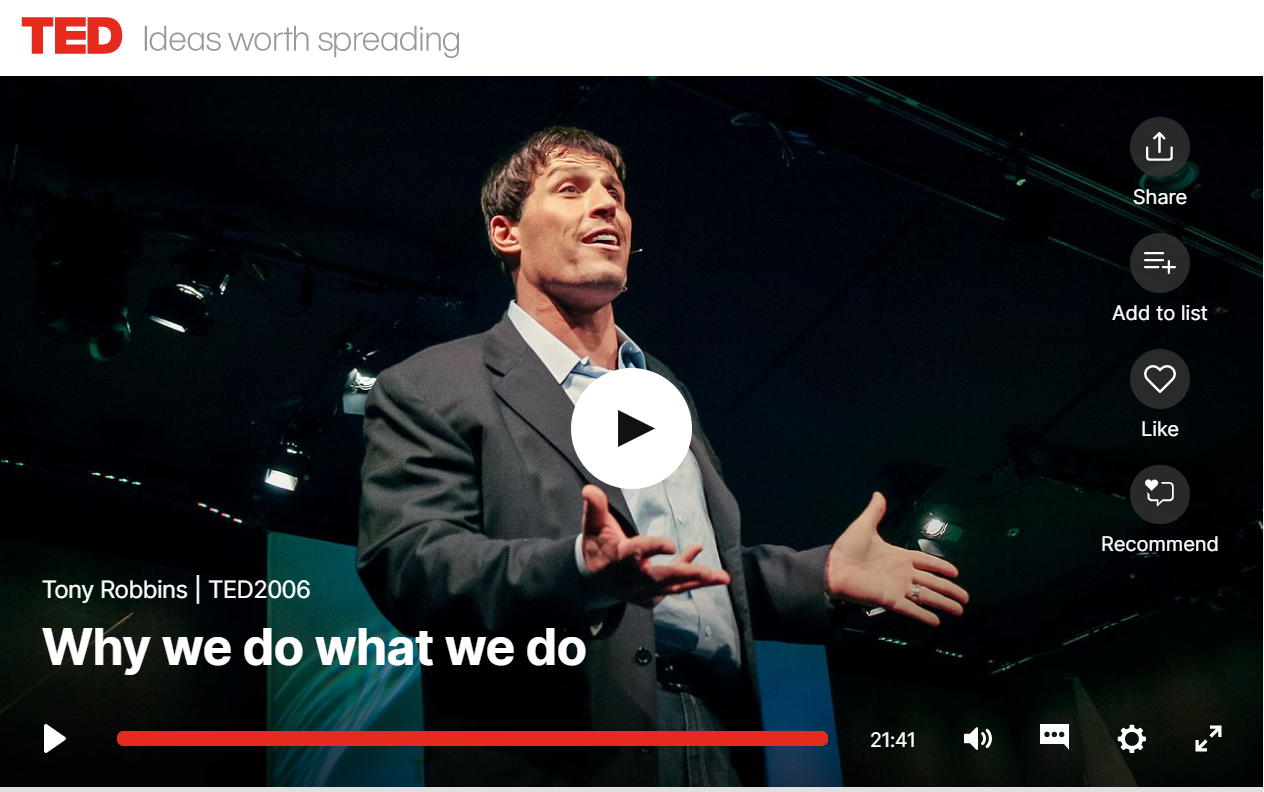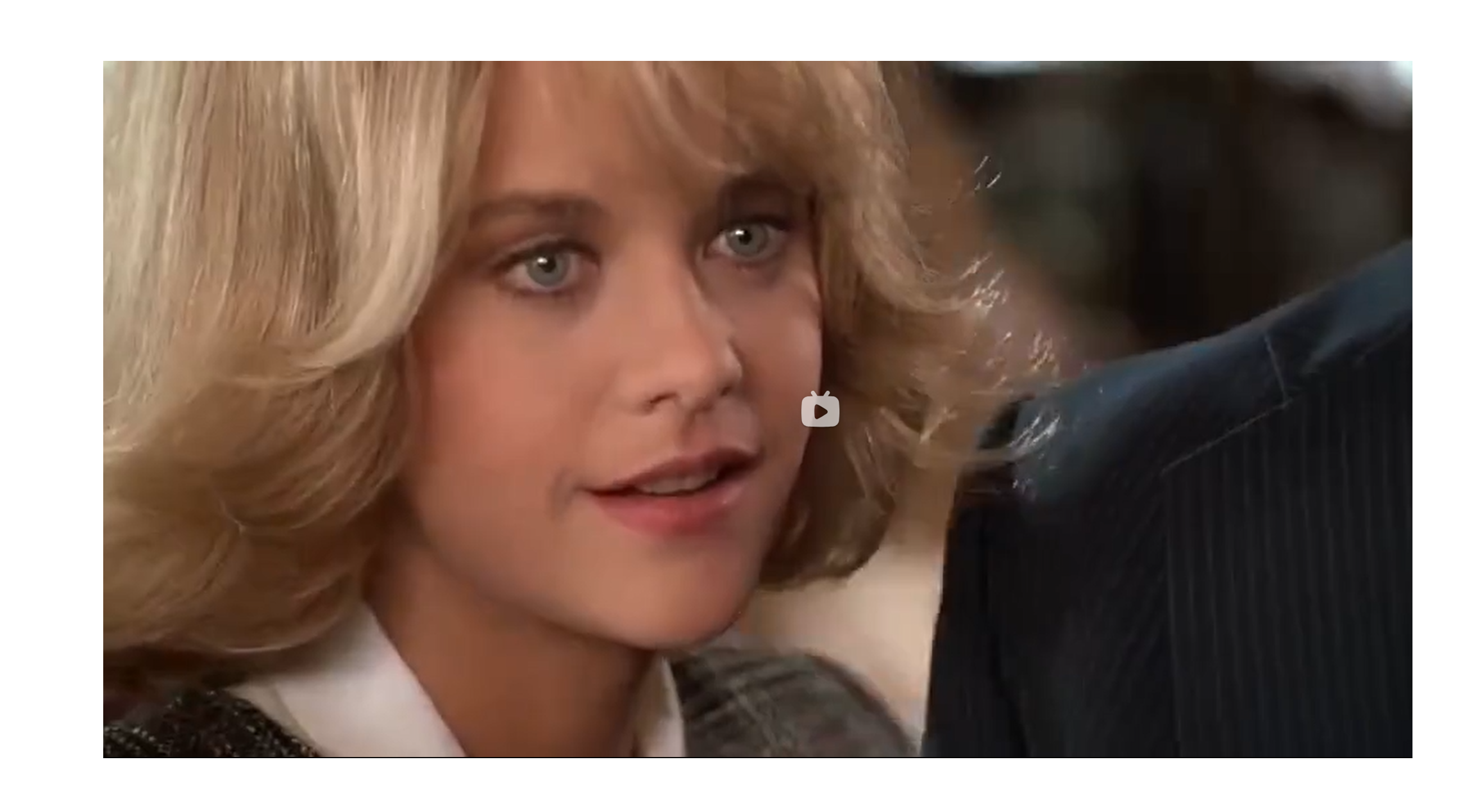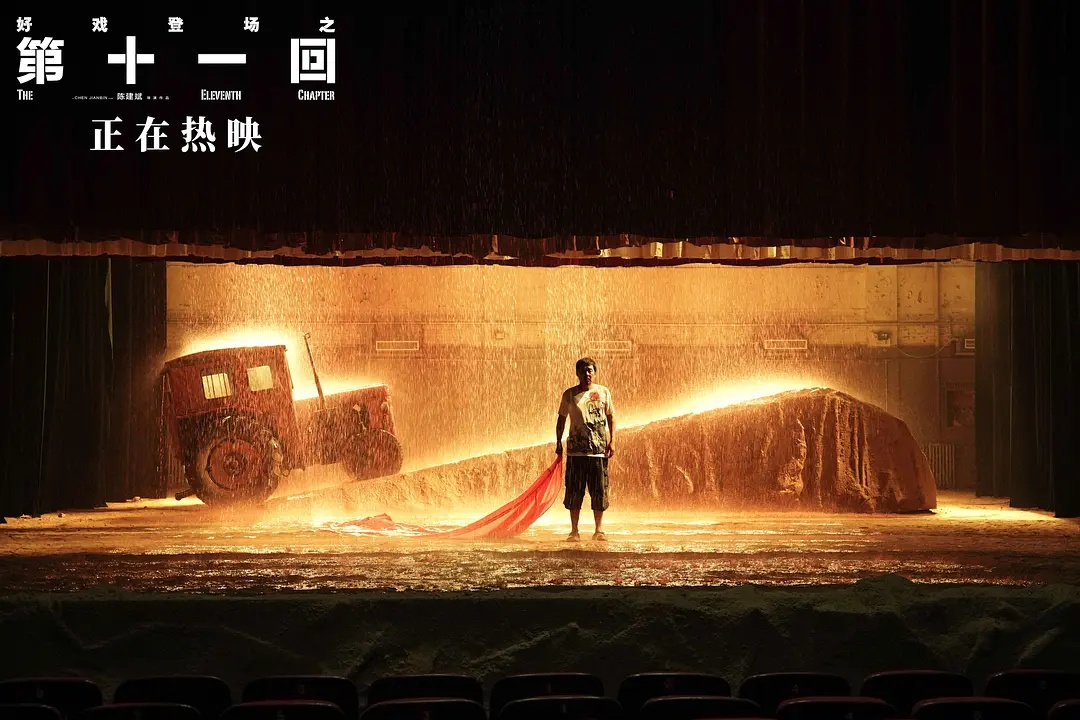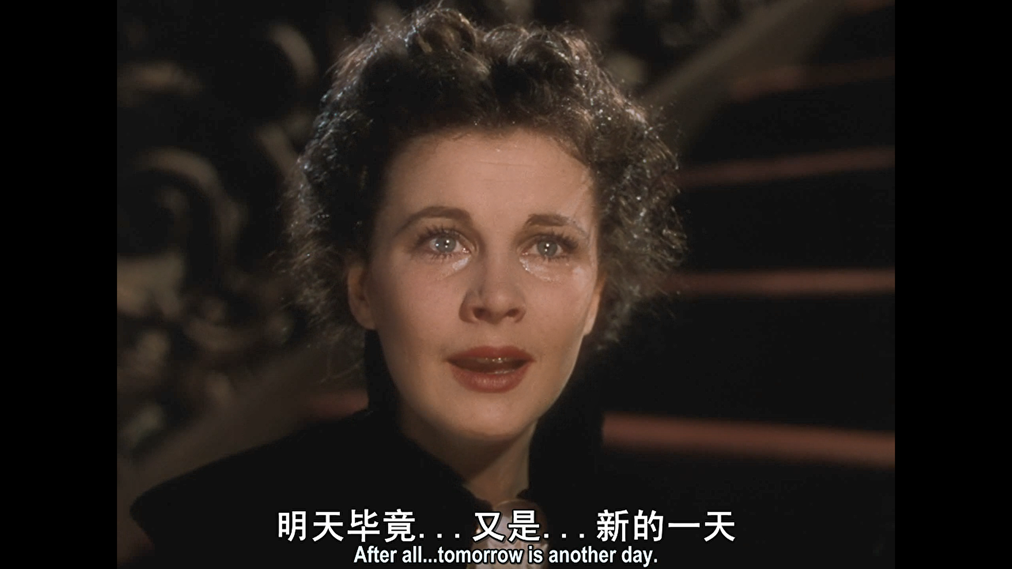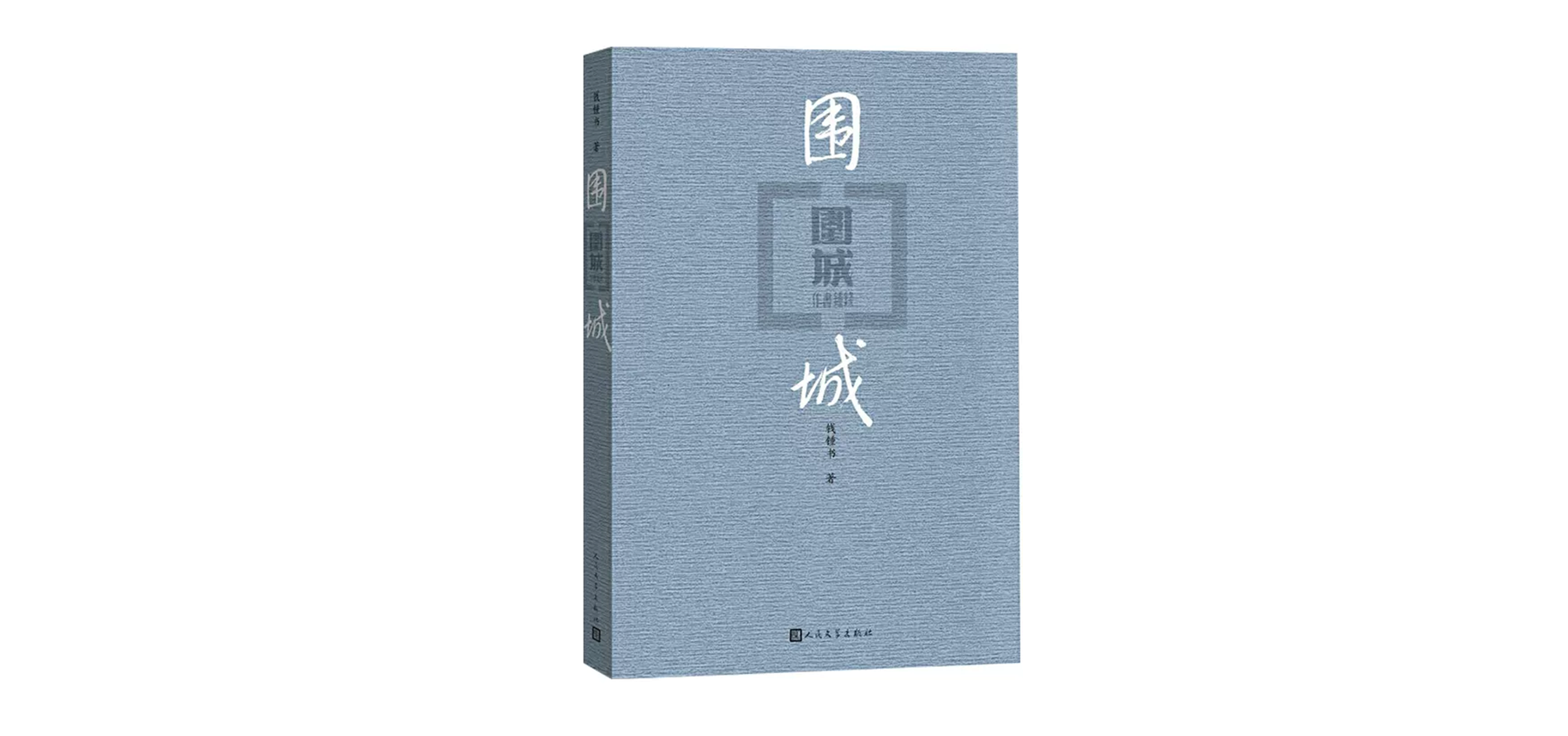每日外闻67
Hans Rosling TED 演讲:如何不对世界一无所知
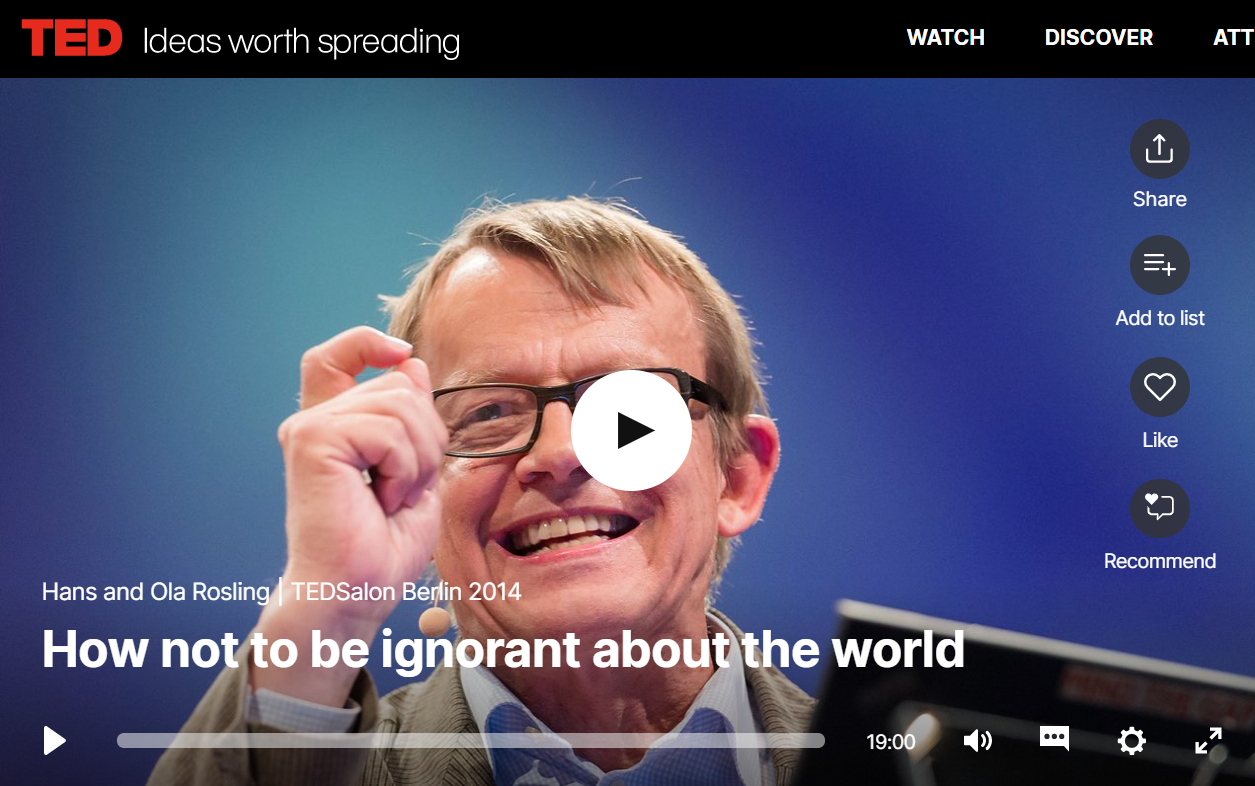
汉斯·罗斯林(Hans Rosling)提出的问题挑战了人们的先入为主的思想。
Hans starts his presentation on ignorance by conducting a quick poll of the Ted audience. He asks a few multiple choice questions about trends across history.
- How have deaths from natural disasters changed over the last century?
- How long has the average 30 year old woman spend in school?
- How did the percent of people living in extreme poverty change over the last 20 years
The actual deaths from natural disasters, for example, dropped from 0.5 million (1900) to 0.1 million (2000). But only 30% of the Ted audience and 12% of Swedish public were correct on this question. To further prove his point about ignorance, Hans presents the results from a third survey group: chimpanzees at the zoo. Simply by choosing at random (33%) they choose the correct answer more often than everyone else. The polling results from the other two questions followed a similar pattern: the trend in education and impoverished people changed for the better while people assumed a negative change.
从罗斯林的实验中,我们可以发现,人们对这个世界某些问题的认知,可能还没有黑猩猩随机选择的正确率高。
Hans introduces the Ignorance Project, cofounded by him and his son to investigate what the public knows about basic global patterns. In their pilot project, they used these very same questions, along with some others, that were picked up by CNN.
CNN asked their readers, what percent of 1 year old children are vaccinated against measles?
CNN问他们的读者,1岁儿童接种麻疹疫苗的比例是多少?
The correct percentage is 80%, but predictably, the majority thought it was significantly lower. Only 17% of US public and 8% Swedish public were correct. But more surprisingly, 80% of the US media and 92% of the EU Media were wrong as well. The problem, he says, isn’t that people don’t listen to the media, it’s that the media don’t know themselves.
Hans son, Ola, comes out on to the stage to speak on the second half of their topic: Why are we so ignorant and what can we do about it?
A combination of personal bias (from different life experiences), outdated facts (from school books), and news bias (which exaggerates the unusual) all give people a skewed view of information. And because we rely on our views to generalize about facts, our intuition works against us, giving us an illusion of confidence.
个人偏见(来自不同的生活经历)、过时的数据(来自学校课本)和新闻偏见(夸大不寻常的东西)的组合都让人们对信息产生了偏见。因为我们依赖我们的观点来概括事实,我们的直觉会给我们一种自信的错觉。
Because people don’t have time to memorize facts every night, the shortcut to managing our ignorance is to turn our intuition back into a strength. To do this, Ola suggests being aware of some misconceptions you might have about how the world works.
- Most things get worse
– If you’re sitting with a question in front of you and you’re unsure, guess “improve.
- There is a duality of rich and poor
– The world has shifted to a larger middle class
- First people need to be rich and then they can do social good
-The majority of countries in the “middle class” send girls to school
- Sharks are dangerous
– If it makes you scared/feel afraid, assume you are going to exaggerate the problem
As part of the Ignorance project, Hans and Ola have created a Global Knowledge Certificate. They asked from organizations like Amnesty International and UNICEF what facts they thought the public didn’t know. Then they took that list and cross-referenced it with the facts people polled worst in. They want this shortlist to be used as a certificate, to show to a school or an employer that you are globally knowledgeable.
Ola concludes by reitierating the importance of winning the fight against ignorance. "If you have a fact based worldview of today, you might be able to understand the future. "
如果你对今天有一个基于事实的世界观,你可能就能理解未来。
See you tomorrow


